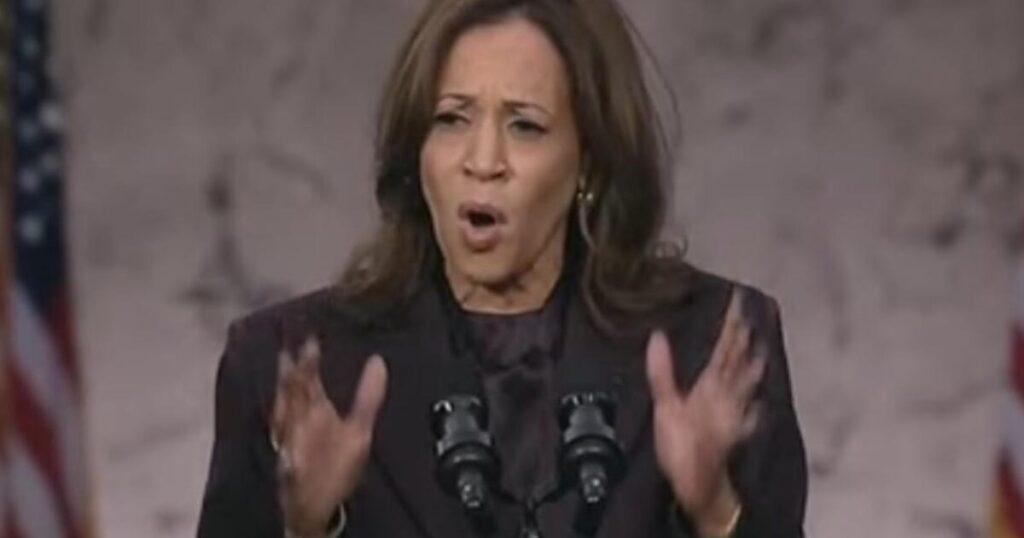In the aftermath of the 2024 presidential election, Vice President Kamala Harris delivered a concession speech reflecting on the sentiments of her supporters, as many expressed a desire to relocate following Donald Trump’s historic victory. According to a survey commissioned by StorageUnits.com, which included responses from 1,837 Harris voters, more than half indicated they were considering moving, with some contemplating leaving the country altogether. This trend of discontent among voters isn’t new; historically, similar reactions have surfaced following Republican victories, yet in most cases, few actually follow through on their threats to relocate.
The survey results highlighted that while 44% of Harris voters would like to leave, they are unlikely to do so, citing factors such as financial constraints, strong ties to family, and community connections. On the other hand, the remaining 10%, or those actively planning to move, are significantly weighed towards international relocation, with Canada, the United Kingdom, and Mexico topping the list. For those considering domestic moves, California, New York, and Colorado emerged as preferred destinations. Central to the desires for relocation were worries about potential federal policies, particularly regarding abortion rights, increasing racial inequality, and the risk of progressive rights being rolled back.
As this news circulated across social media platforms like Twitter, it sparked a wave of reactions from both sides of the political spectrum. Some users mocked the intentions of the Harris voters and questioned whether their frustrations would translate into actual movement. Comments ranged from sarcastic congratulations on their planned exodus to outright encouragement for them to follow through. This political discourse, steeped in skepticism, raises questions about the sincerity and practicality of these sentiments, reiterating a common theme in American politics where discussion often overshadows action.
Historical context indicates that such migration threats tend to be more allegorical than literal. Many voters tend to express dissatisfaction as a coping mechanism in response to electoral outcomes, but in reality, relocating is usually not a viable option for a significant portion of the population. While public figures may amplify these sentiments, the logistical and emotional consequences of uprooting one’s life can deter most individuals from following through on their stated intentions.
The top concerns cited by voters regarding a potential Trump administration included fears about a possible federal abortion ban and the erosion of rights, particularly affecting minority groups. These fears are not only emblematic of growing political division in the country but also reflect deeper societal anxieties. The pervasive concern for civil liberties has galvanized many Americans to consider their options in a rapidly shifting political landscape, prompting discussions about personal autonomy and the quality of life in various states and nations.
Ultimately, the reaction of Harris voters serves as a snapshot of a broader American sentiment regarding political change. The mixture of humor and seriousness in the online discussions underscores the complexity of American political identity, revealing a populace caught between hope and despair. While many express a desire for reconciliation and stability, the potential for continued polarizing outcomes looms large, leaving individuals grappling with their roles in an ever-evolving national narrative.

